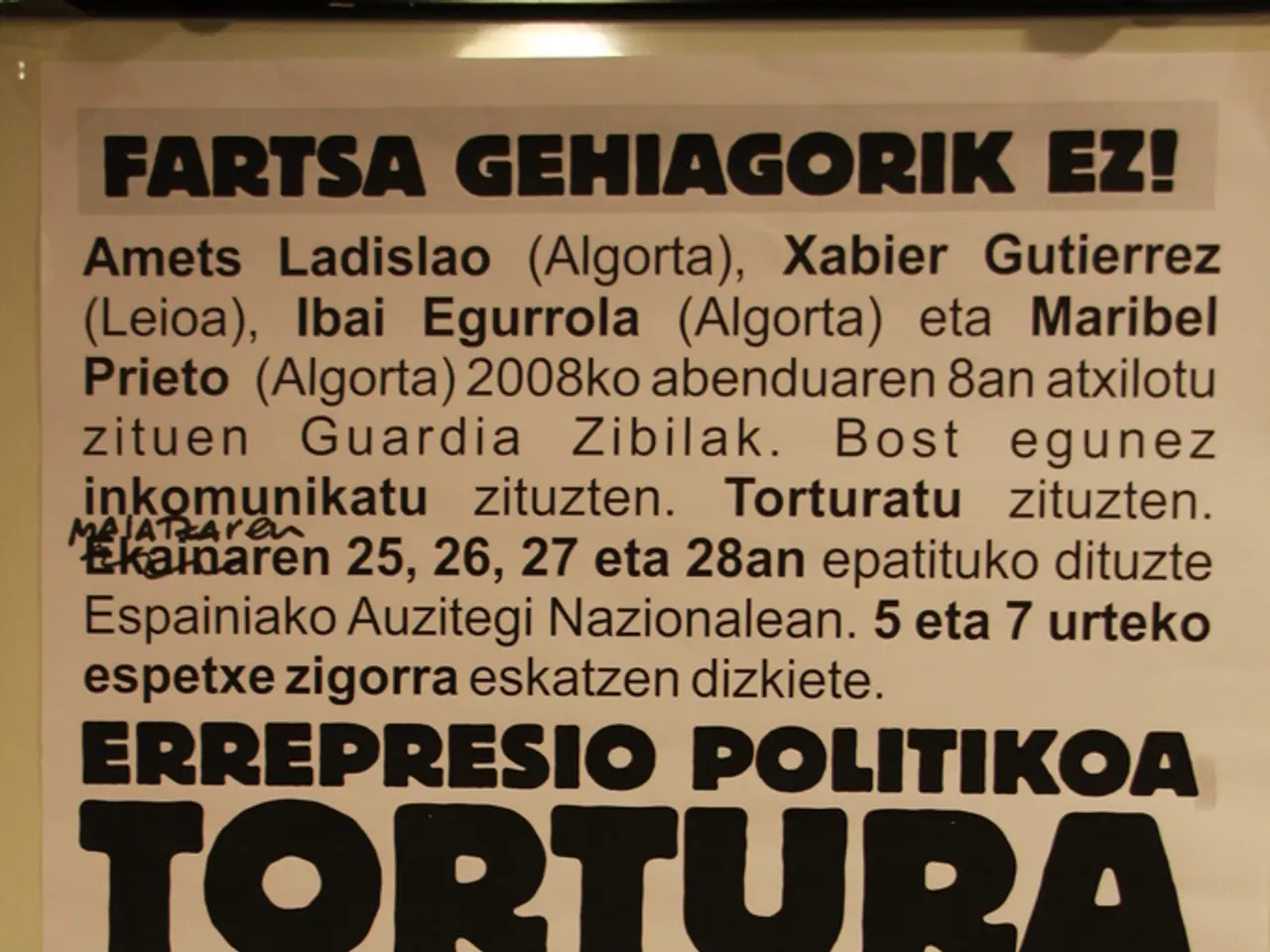City prohibits Muslims from participating in public festivities in Spain
In the small town of Jumilla, Spain, a recent controversy has arisen surrounding a newly approved ban on Muslim religious festivals and other non-Christian cultural or social activities from being held in public municipal facilities. This ban, enacted by the conservative People’s Party (PP) with backing from the far-right Vox party, has sparked widespread criticism and accusations of discrimination and Islamophobia.
The ban specifically targets Muslim festivities such as Eid al-Fitr and Eid al-Adha, celebrations that the local Muslim community had traditionally held in these public spaces. With a significant Muslim population of around 7.5% of its roughly 27,000 residents, many of whom work in agriculture and use municipal sports venues for their communal prayers and celebrations, the ban has caused particular concern.
The Spanish Federation of Islamic Organizations has labelled the measure a targeted attack on Muslims, not other religions, and opposition parties and human rights advocates argue that the ban violates the Spanish constitution’s Article 16, which guarantees freedom of religion and prohibits restrictions on religious expression, except for maintaining public order.
Spain’s central leftist government has swiftly condemned the motion as racist and unconstitutional, and formally ordered the Jumilla council to revoke the ban. The Spanish Bishops' Conference has also joined in the criticism, citing the constitutional right to freedom of religion and stating that the ban goes against the principles of freedom of religion and respect for diversity.
Sharp criticism has come from Madrid, specifically from Socialist Migration Minister Elma Saiz, who described the action as "shameful." The controversy occurs in the context of recent anti-migrant unrest in nearby towns and reflects broader tensions in Spain around multiculturalism, national identity, and the rights of minority religious communities.
Critics also highlight that Jumilla has a long historical Muslim legacy, making the ban’s justification of "preserving traditional values" particularly contentious. The initiative to ban Muslim festivals came from the party Vox, which holds one seat on Jumilla's city council but wields significant influence due to holding the balance of power with 20 seats.
The condemnation by the Spanish Bishops' Conference puts pressure on the conservative mayor, Severa González, and the move by Vox is seen as a calculated strategy to push the conservatives on migration issues. The ban on Muslim festivals in Jumilla is the first of its kind in Spain, raising concerns about religious freedom and discrimination. Protests against the ban have taken place both within the town and beyond, with the issue drawing international attention.
- Despite the ongoing controversies over war-and-conflicts and politics in Spain, a surprising topic has gained unprecedented attention: the ban on Muslim religious festivals and non-Christian cultural activities in Jumilla, a small town in Spain.
- As the local Muslim community faces the challenges of crime-and-justice in terms of being targeted, the high-profile general news about the ban on their cultural activities has sparked international protests, shedding light on issues of religious freedom and discrimination.







